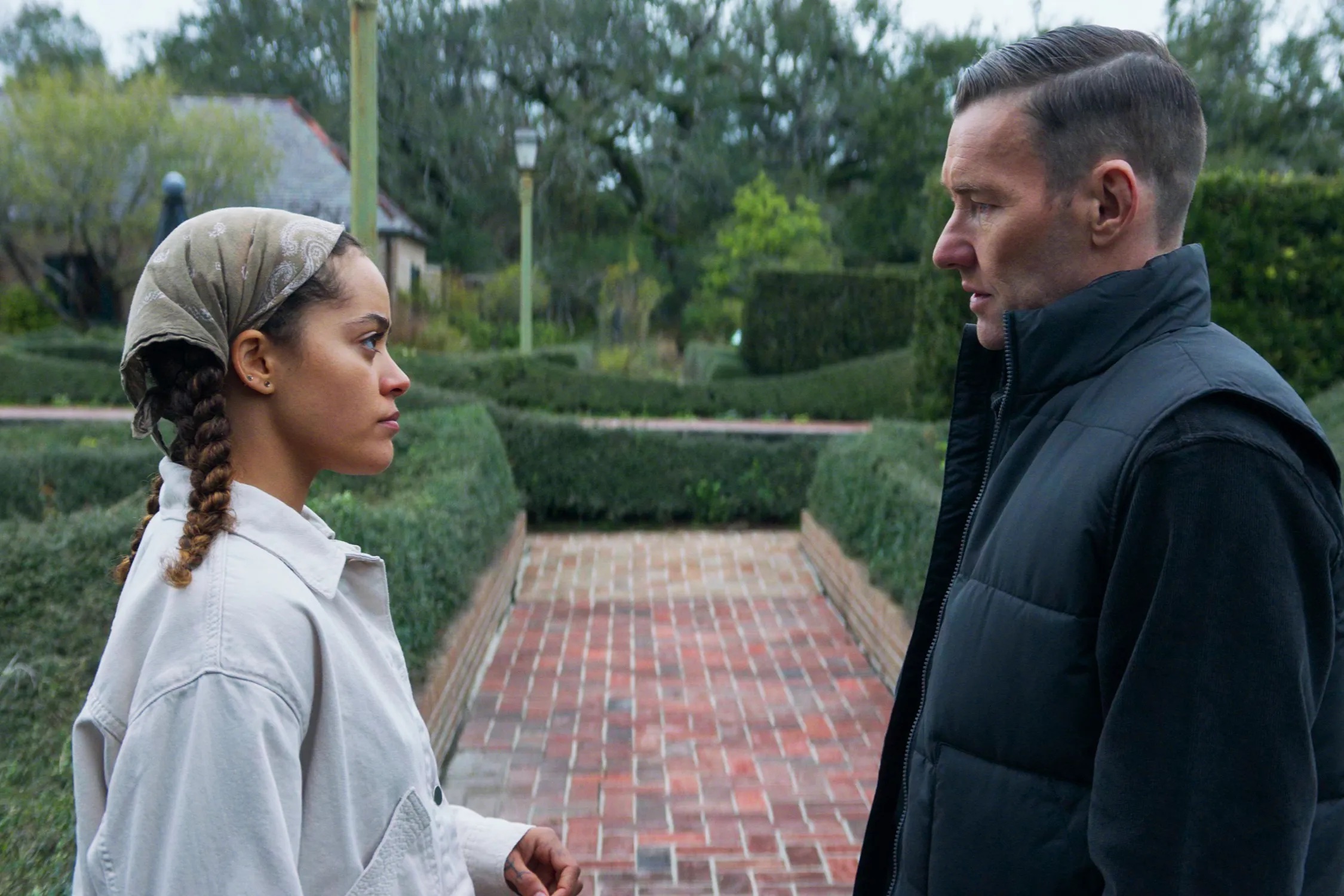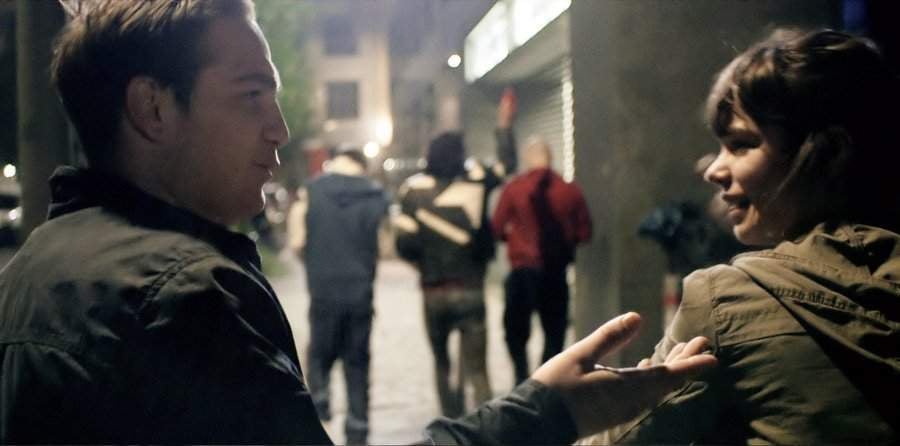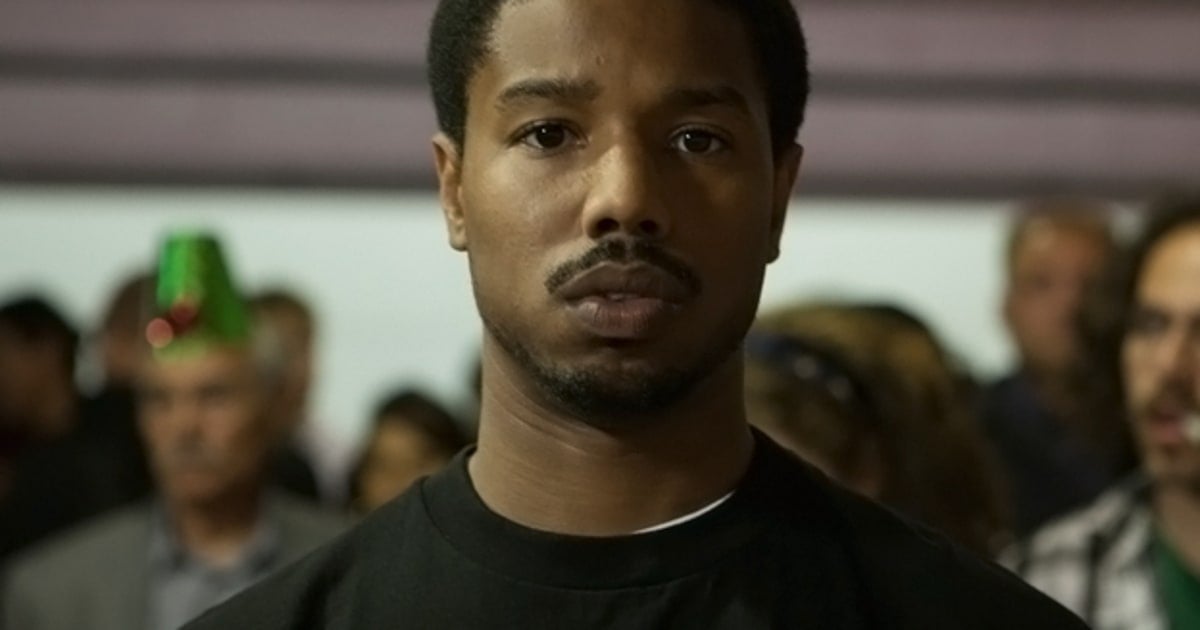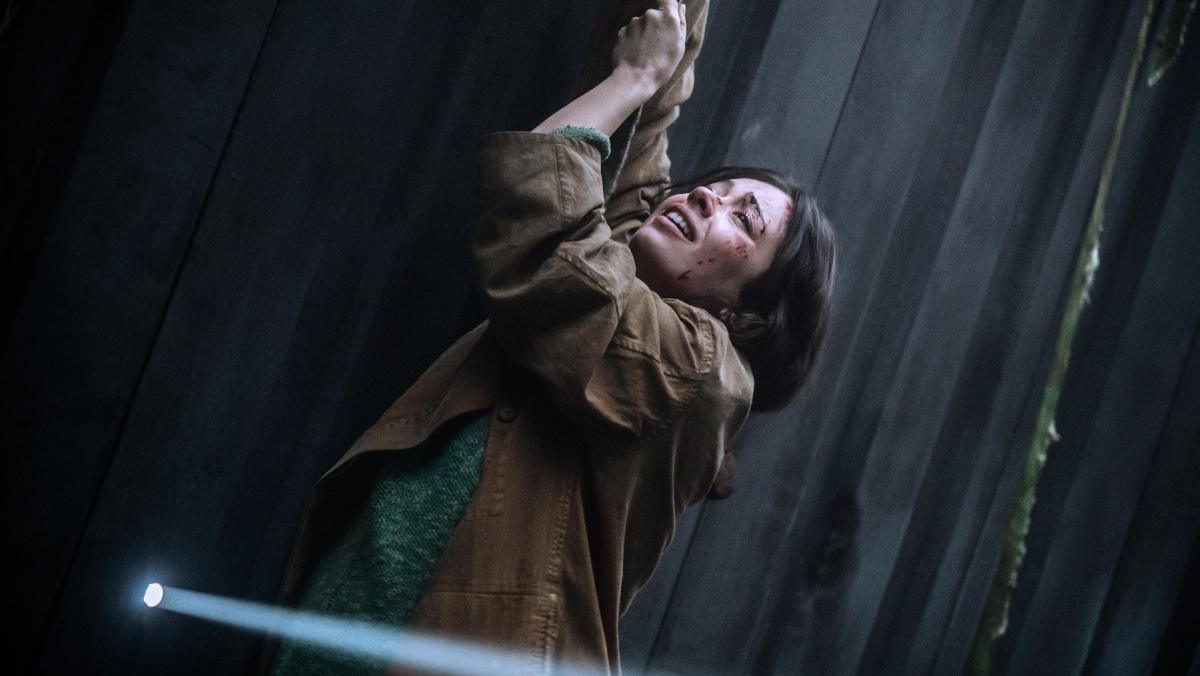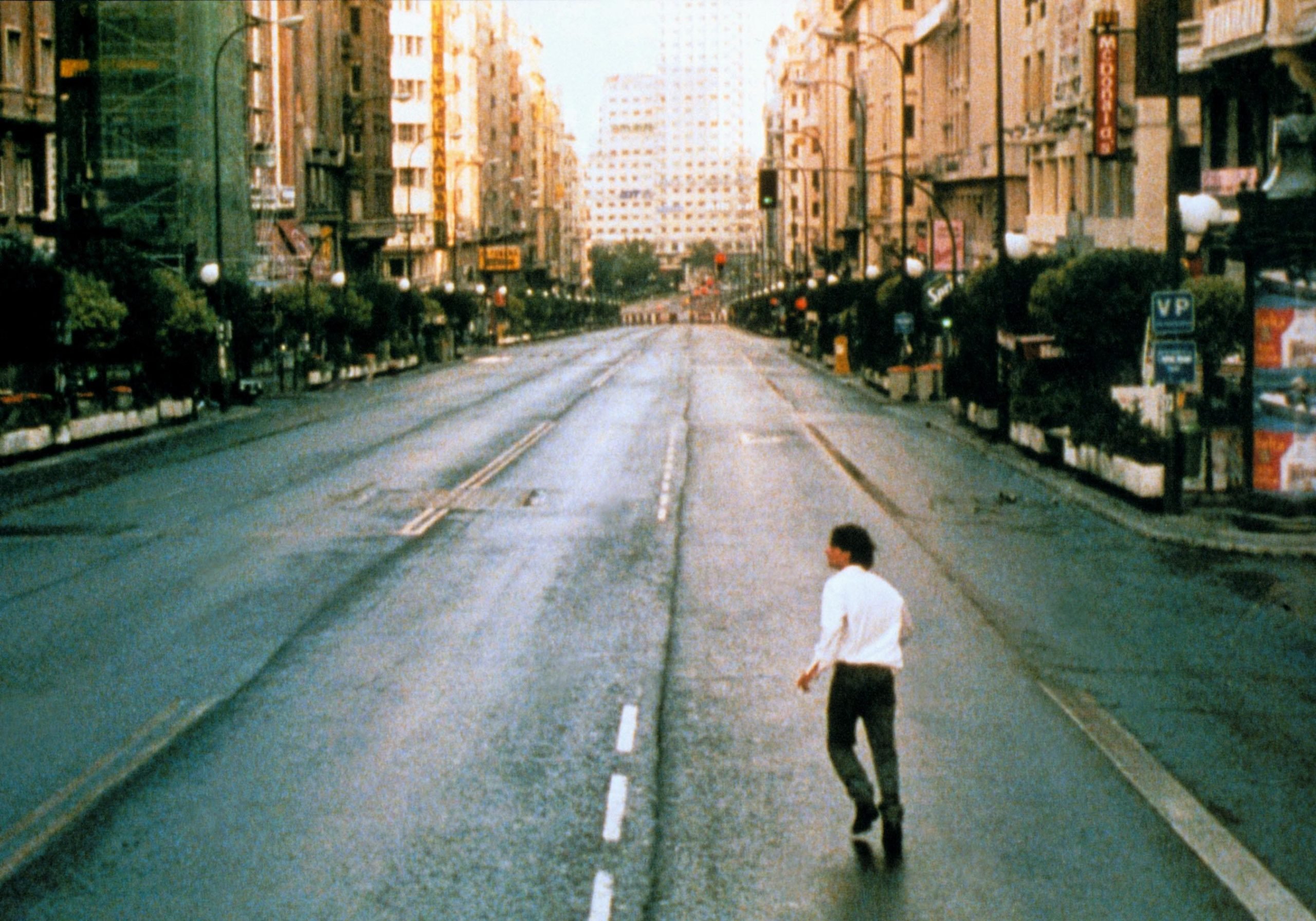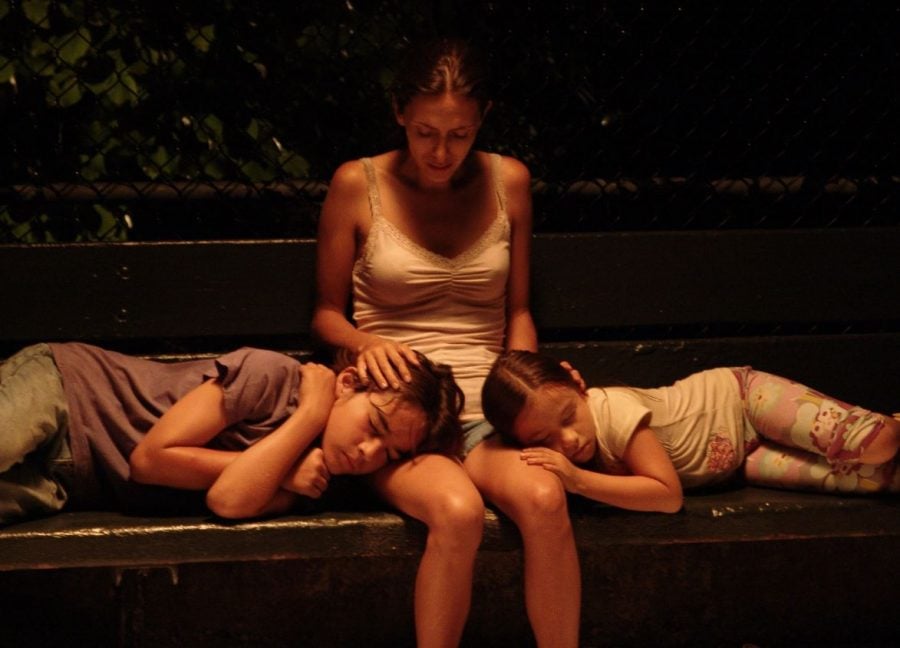
Blanquita (2023)
7.7
Movie
7.7
The Staff
TLDR
“So they can rape, but I can’t lie?” Powerful last words.
What it's about
The take
Inspired by the Spiniak case, Blanquita reimagines the infamous scandal through mirrored interrogations and disorienting viewpoints. Blanquita rewrites the original witness, whose fictional variant, in turn, rewrites the abuse faced by victims as her own. She is transformed from a clueless liar, into someone still a liar, but one that did so when every other possible witness has been discarded for being unreliable, for being too traumatized to go through the judicial process unflinchingly. The film takes on a provocative subject matter, at a time when real life sexual abuse allegations are treated with the same scrutiny Blanca faces. However, Blanquita does so in a way that gives its complexities the weight it deserves. It’s a fascinating thriller, a quandary that tests the idea of ends justifying the means… But it’s one that’s disturbing, given the consequences to each crime.
What stands out
The subject matter of Blanquita is an interesting one, especially with the ideas of the MeToo movement. Like the real life Spiniak case, both the priest and key witness do lie in the case in this film, but writer-director Fernando Guzzoni crafts the possible reasons behind their lies. The key witness Blanca may be lying that the abuse was actually done to her, but the details that she speaks feel accurate because she’s parroting the same words from the other residents in the foster home, with only some shifts to match the scars from the previous abuse that she suffered, but is unrelated to the case. The priest Manuel bribes Blanca to be a witness, but only because everyone else in the foster home is too traumatized to be considered a reliable witness. And while they both have personal reasons for pursuing this case, the whole film is a compelling experiment where the marginalized try to manipulate a system that’s been previously manipulated against them, and that continues to do so.
Comments
Add a comment
Your nameYour comment
UP NEXT
UP NEXT
UP NEXT
Curated by humans, not algorithms.

© 2024 agoodmovietowatch, all rights reserved.

